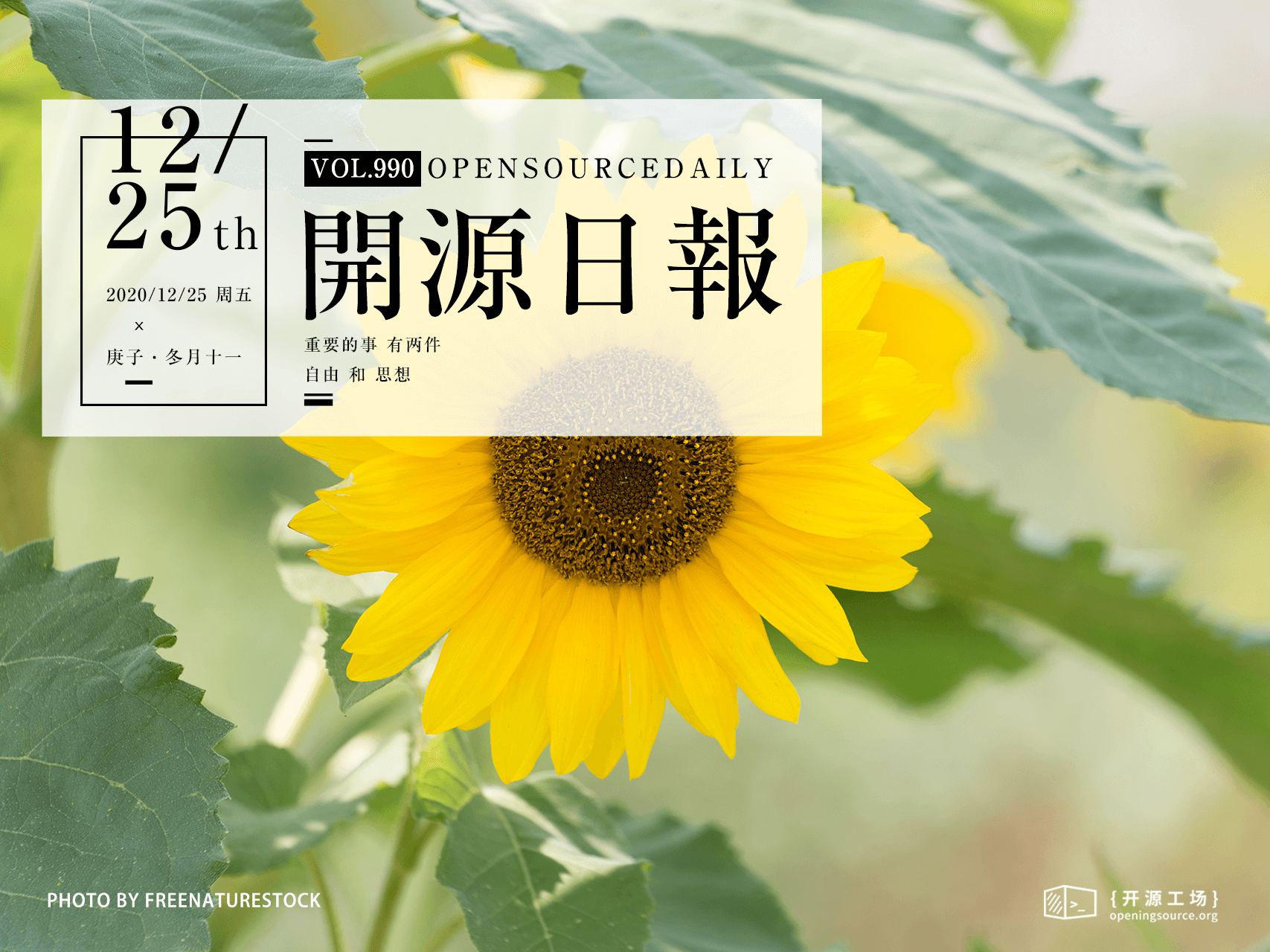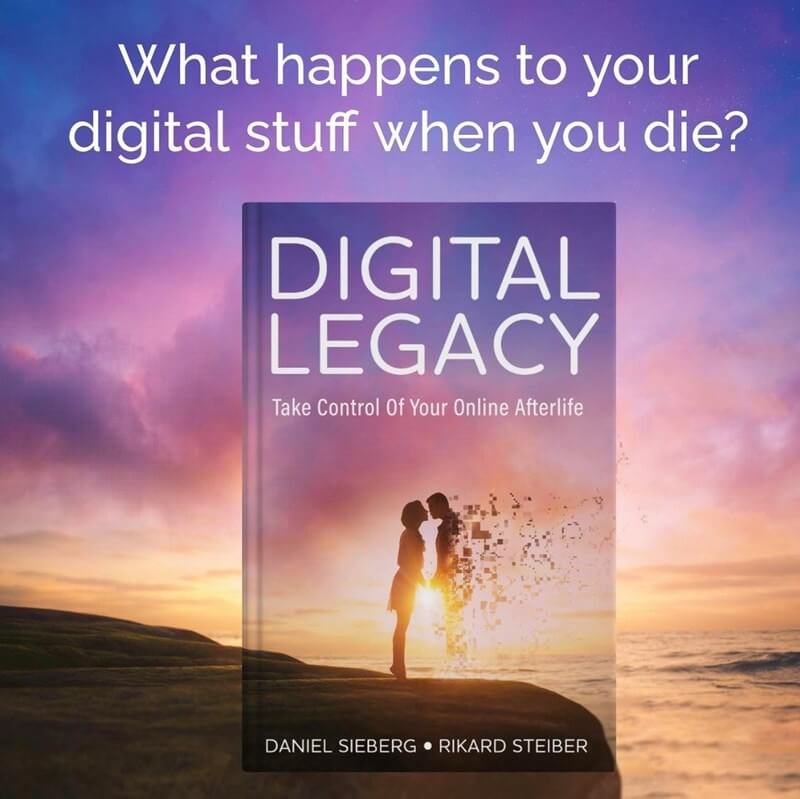今日推薦開源項目:《影子輸入法》
今日推薦英文原文:《Where Does Our Data Go When We Die?》

今日推薦開源項目:《影子輸入法》傳送門:項目鏈接
推薦理由:影子輸入法是一款開源、綠色、安全的輸入法。在高度自定義輸入法,管理詞庫資料庫的基礎上,加入了魔法字元串和超級命令等功能,提高輸入效率。
今日推薦英文原文:《Where Does Our Data Go When We Die?》作者:Lance Ulanoff
原文鏈接:https://medium.com/@LanceUlanoff/where-does-our-data-go-when-we-die-fb914cf2bd92
推薦理由:未來我們會將墓志銘寫在博客上嗎?
Where Does Our Data Go When We Die?
A new book on our Digital Afterlife has me freaking out about my own digital legacy
I don』t know what happens to us after we die. It』s a universal question that, while some claim to know what happens, no one can definitively answer. I do know, though, that the closest thing we have to a digital soul, our sprawling corpus of data across social networks, email, ecommerce activities, streaming habits, mountains of digital photos and videos, browser history, location data and more will outlive us and, like a binary ghost, continue to interact with the living.Perhaps no book paints a clearer picture of this reality and the uncomfortable dilemma most of us face than Digital legacy: Take Control of Your Online Afterlife, by Daniel Sieberg and Rikard Steiber. The two co-founded GoodTrust, a company devoted to, you guessed it, helping the living secure their digital legacy for, I guess, eternity. So, yes, the tome is self-serving, but Sieberg and I have known each other for almost two decades and I know he, as a former journalist, approaches topics with an inquisitor』s eye.
We met in the ought』s at CES where Sieberg was covering technology and innovation for CNN. He was very good, and we collaborated on numerous entertaining segments (I liked to find cool products and he let me explain and demonstrate them on air). Sieberg later worked for CBS before joining Google as a sort of a media liaison (and more). Now he splits his time between serving as VP of Technology for Huawei and GoodTrust.
My point is, I know that Sieberg, who previously wrote The Digital Diet, a prescient book about how to take a break from our social media, email and online obsession, approaches topics like death and data seriously.

(Sieberg』s and Steiber』s new book)As I was reading the pithy, but thorough book, which looks at how we got here and dives deep into the questions of how to handle your digital legacy and take concrete steps to preserve it (or delete it with impunity), I realized that I』m not even remotely prepared to handle what happens to my own accounts.
One night, I started discussing this with my family at the dinner table. We made jokes, because talking about death is so uncomfortable, but all quickly agreed that none of us are prepared. Yes, my wife and I do small things like share key passwords in LastPass so we both have access to our bank accounts. Still, we know it』s not nearly enough.
We』re not alone in this. Sieberg』s and Steiber』s book lists 12 reasons why we』re not acting. The fact that it』s overwhelming resonated with me. I have often thought about dealing with my data in the abstract, but as soon as I start to take inventory of every digital trail I』ve walked or leave behind, I get crushed by the enormity of the problem. I also get that it feels narcissistic to worry this much, for instance, about my Twitter account. Does anyone really care about the hundreds of thousands of tweets I』ve posted over the last 13 years?
However, maybe it』s enough that I do and there is something else about content like Twitter posts. Assuming Twitter and other platforms survive beyond me, those tweets, my Instagram Photos, my Facebook posts, and even what I write here on Medium, will not only outlive me, it will also have a digital afterlife that could impact my family and descendants.
Digital Legacy notes that there will soon be more dead Facebook users than living ones, a factoid I reread a few times as I considered this Facebook Zombie army. I』m sure I』m not alone in getting reminders to celebrate birthdays of dead relatives. This is upsetting, though not necessarily the fault of Facebook since they do offer services for memorializing Facebook accounts.
That』s another key point of the book. The digital sphere has gotten much better about dealing with death, but these tools only work if you take action, either by doing something now or at least giving your relatives the power to do something in your absence.
Reading the book also reminded me how digitally I may in some ways appear more complete than I am in real life. I』ve scattered my interests and activities across a dizzying number of services (even the occasional TikTok). In words, photos, videos, browser searches, tweets, Facebook posts, Instagram stories and more, paint a world view of 「Lance Ulanoff,」 and one that may lead people to believe they know me. Yet, I wonder if this is how I want to be known, and remembered, when I』m gone.
Over the years, I』ve had to write various mini biographies of myself to post on sites like LinkedIn, Mashable and PCMag. They are, I think, how I want to be known and represented outside my family. They don』t entirely sync with this sprawling digital me that I keep building on haphazardly like one of those shanty town villages.
No one knows me like my family, but if I don』t deal with my own digital real estate, it will fall to them to try and untangle it and whatever questions they have about what they』ll find will go unanswered.
I don』t expect to die anytime soon (most of us don』t), but life, especially during a Pandemic, is unpredictable. Putting off managing my digital legacy is only going to deepen the problem.
The book talks a bit about trust, and it occurred to me that I』ve put enormous trust in Facebook Twitter, Google, Amazon, LinkedIn, and others to manage all this information. My wife and children will care when I die and actively try to manage my affairs. But what will any of these companies do? I mean proactively. Most may not realize I』ve died. Some, like Google or Facebook, could lock my accounts or even start deleting content if they see a prolonged period of inactivity.
That sounds terrible, but if you didn't expect your local Safeway supermarket to care that you』re gone, why should you think Amazon is going to do something about it?
Digital Legacy suggests making digital assets lists, which is a good and smart idea, though it will certainly lead to feeling like you』re standing at the base of Mount Everest, knowing that you have to somehow reach the summit. It also suggests culling your data. This is tough for me because I never throw anything out, especially digital content, because, in my head, it takes up no space at all. Why should I delete that GIF from 1996?
If nothing else, maybe the book will spur you (and I hope me) to officially entrust someone with your digital legacy, to have that tough conversation with your partner or parents about what to do with their Facebook account.
If I』m being honest, reading the book made me uncomfortable. No one likes to spend that much time thinking about death, but it also put a bug in my ear, a little voice that keeps whispering, 「 Secure your digital legacy before someone else simply snuffs it out.」
下載開源日報APP:https://openingsource.org/2579/
加入我們:https://openingsource.org/about/join/
關注我們:https://openingsource.org/about/love/
